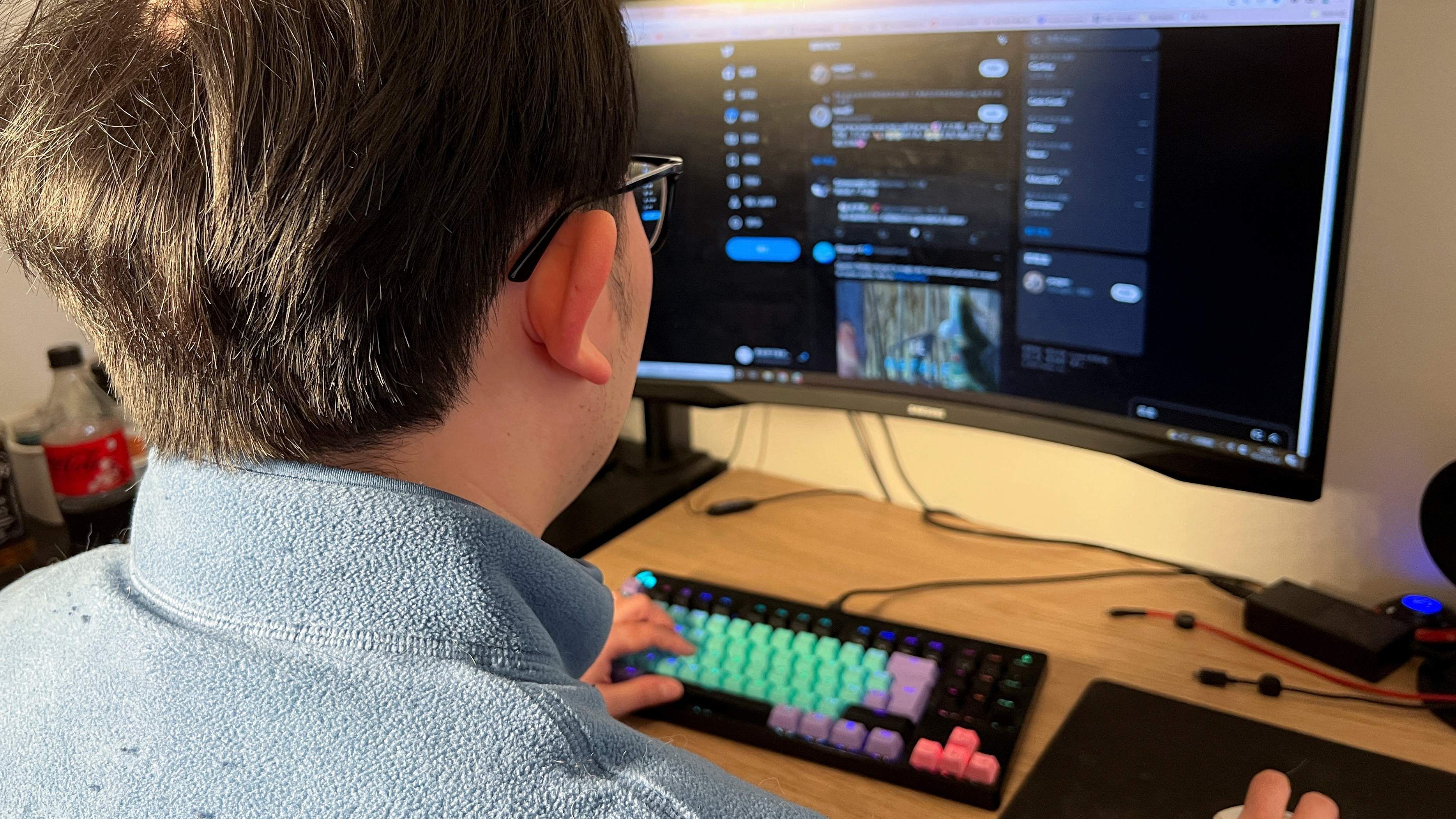
When China's historic protests against Covid curbs erupted in late November, a 30-year-old Chinese man in a flat in northern Italy became one of the most important conduits of information on the unfolding drama via a lone Twitter account.
"Teacher Li is Not Your Teacher", his Twitter handle, became an Internet sensation as he reposted details and footage of protests from citizens across China - skirting censors on the rapidly unfolding demonstrations - in the most forceful show of dissent since the 1989 Tiananmen Square protests.
From this perch, Li had a unique overview of the sheer scale of public discontent, both against the Covid-19 lockdown measures and the Chinese Communist Party's longstanding curbs on individual liberties and information.
Li is emblematic of a more tech savvy generation of young Chinese, who are using virtual private networks (VPNs) to circumvent China's Great Firewall to access critical and uncensored content. He is also part of a growing number of overseas-based China critics who share perspectives on China via western media platforms such as Twitter and Instagram, which are banned in China.
"I received thousands of messages per day," he told Reuters from his home in Italy, opting to only be identified by his surname, citing privacy concerns.
He said protests took place nationwide, from cities to small districts. "Things happened far beyond what we have seen, it's just that much has gone unreported."
Li, a painter and former art teacher from Anhui province in eastern China, said during the height of the protests he was posting every few minutes, and sometimes only had two hours sleep per night.
Many people sent content to him as they believed that going through Li, rather than posting it directly online themselves, gave them an extra layer of protection, he said. His followers skyrocketed from 140,000 in mid-November to over 860,000 now.
He said protesting in China can be dangerous for ordinary people but the demonstrations showed people could express themselves. “I believe through this crack, this opening, more and more people will come out to express their demands.”
The protests, widely seen as a tipping point to an easing in tight Covid restrictions, largely petered out after police mounted a heavy presence on streets and scooped up some protesters. The vast majority of the protests opposed zero-Covid measures with a smaller number calling for the ouster of Xi or the Chinese Communist Party.
Chinese authorities have largely stayed silent about the protests. Earlier this month, in a statement that did not refer to the protests, the Communist Party's top body in charge of law enforcement agencies said China would crack down on "the infiltration and sabotage activities of hostile forces" and would not tolerate any "illegal and criminal acts that disrupt social order".
Asked about the protests, China's foreign ministry has said rights and freedoms must be exercised lawfully.
Price to pay
Li told Reuters his Twitter account has put him in a vulnerable position, receiving death threats while his family back home has been questioned by police.
Rights activists say the repercussions of protesting and spreading sensitive information have grown in recent years under Xi's tenure.
Despite this, he says he is determined to keep going because his account has become a symbol of “freedom of speech”, even though the price of his actions means he can't return to the country of his birth.
"Right now, I am a person without a future," he said.